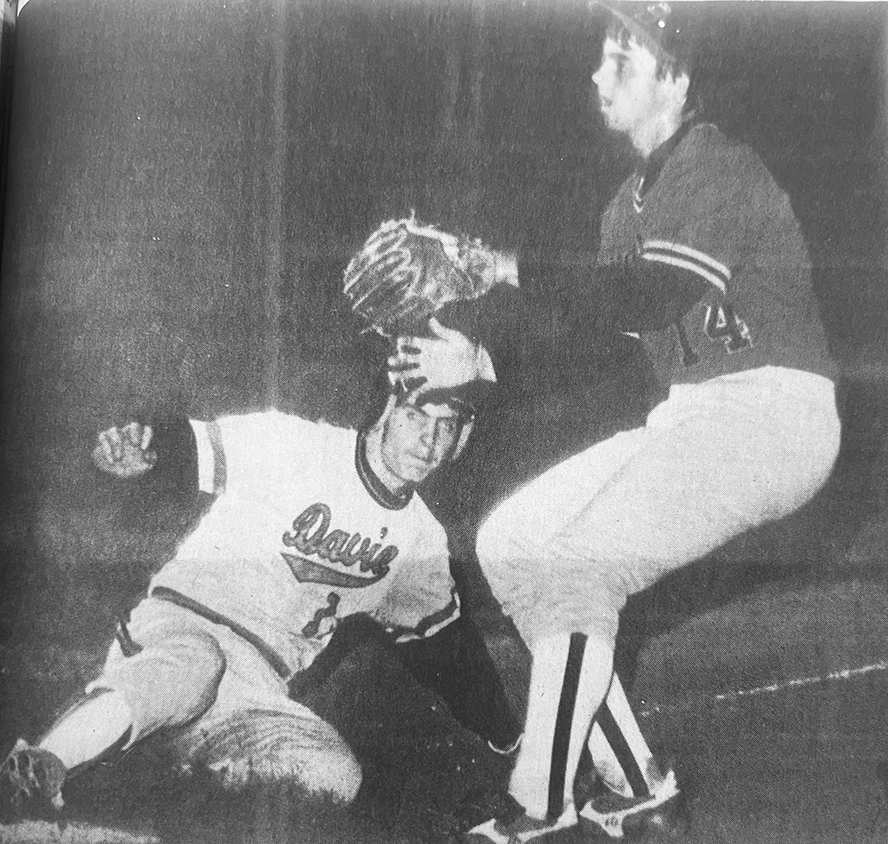Letter to the editor: When is CRT not CRT?
Published 2:00 pm Wednesday, October 12, 2022
|
Getting your Trinity Audio player ready...
|
To the editor:
In a previous article about “History should include all perspectives,” I was accused of maligning two presenters and that the information of the article was false. I certainly did not intend to slander and degrade anyone. This was certainly not my intent. But the essence of the article was right on. What I didn’t do was make a clear connection between the onslaught of a teacher at DDCC teaching critical thinking and the latest boogey man theory regarding critical race teaching (CRT). That was my fault. As to the allegation by Mr. Bivins as my not attending any of the previous meetings, that is false. I was at one with a fellow board member and I have heard much from both of the speakers and others since then.
The attack on critical thinking is an important link to the current CRT, critical race teaching, phenomena that I failed to make. For it is critical thinking that these proponents of critical race teaching need to attack in order to succeed preventing history and social studies from dealing with the truth as opposed to their truth.
Trending
However, this public discussion can be helpful to all of us to better understanding what CRT is, and is not. Their CRT is not the CRT as originally developed decades ago. Then it was all theory; critical race theory. This CRT (theory) identifies alternative narratives that do not exclude the perspective of the people who write curricula, laws, policies and textbooks. It is an analytical tool taught in law school to help identify sources of discrimination in law and policy. It is used as a framework for inquiry; an inquiry perhaps as to the different perspective of a word such as privilege.
It has nothing to do with teaching children to hate themselves or one another. This conceptual misunderstanding has created numerous school board conflicts and fights among various public officials and governing groups. One of our Board of Commissioners recently took to the floor to emotionally emphasize we have a problem with CRT and we have to stop it.
The proponents of CRT, critical race teaching, are fearful of white students being made to feel inferior as the truth of actual history is revealed. This doesn’t have to be but this is how CRT the theory has been weaponized to be the CRT (teaching) currently banded about.
This is what parents and school boards are fighting about right now. Should students learn more about our history and be able to identify the many ways our viewpoints are created or not? This is not critical race teaching (the weaponized CRT), although it has been labeled as such, but rather a push to include a broader scope of US history, to expand student’s awareness of the complexity of our country’s story.
Including non-white groups tends to disrupt the American narrative because people from these groups have not been able to succeed in the ways our traditional narrative describes.
When we tell our children that Mexicans have been living on our Southern Border for at least 350 years, and they became aliens because we moved the border, students are surprised and confused.
Trending
When students learn that Black people were excluded from buying houses in many neighborhoods after WWII because of federal mortgage policies, they become confused and angry. There is a long list of such inequities. Critical thinking skills and respectful dialogue are required to understand this type of information and think about why it happened and what it means to all Americans.
What we teach should reflect an accurate view of our world so our children can live in it with competence and compassion; as our religious beliefs guide us. WWJD. They need to know how to choose a home, a car, a retirement plan. We also need to teach them how to handle the political rhetoric that constantly assaults our eardrums and how to decide what opinions are based on accurate ideas and data. This is a difficult process but one that is important in a world that is no longer Black and Vanilla ice cream but rather Neapolitan and one where the options include sprinkles and other items.
Without critical thinking, this won’t happen.
David Carroll, Mocksville
Member, Davie Board of Education





